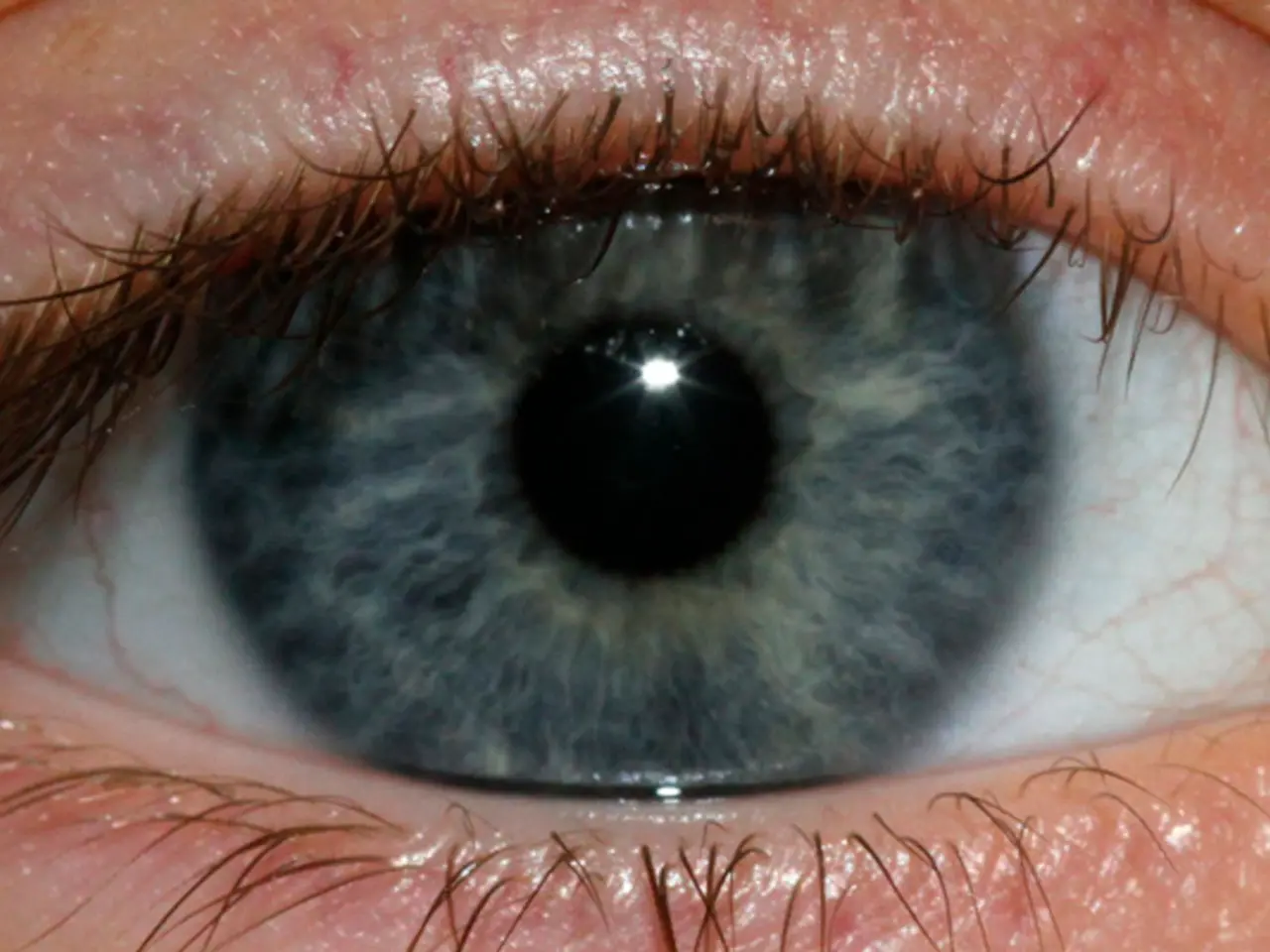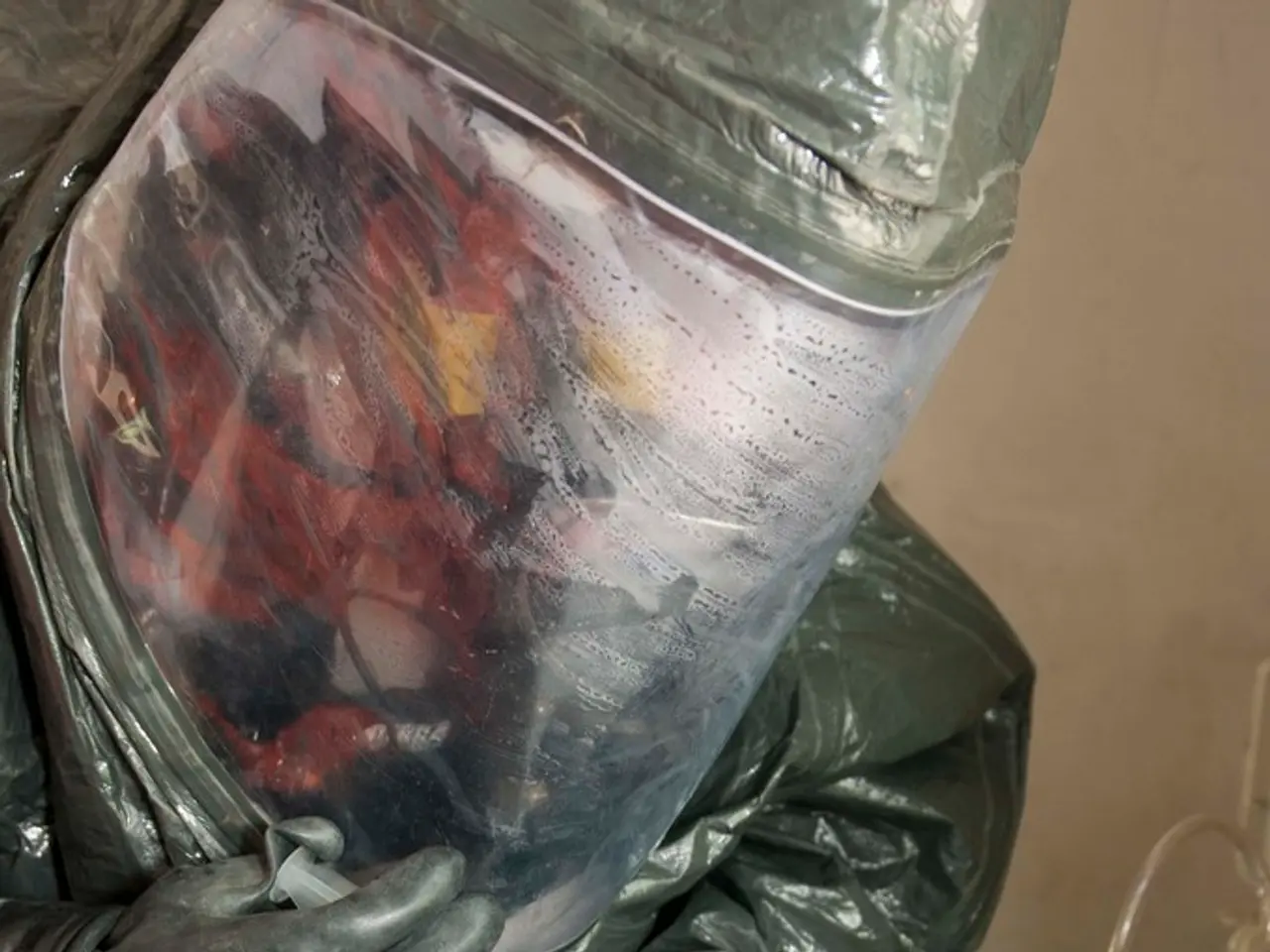Memories' veracity can be proven through an analysis of one's eyes
In a groundbreaking development for memory research, scientists have discovered that pupil dilation can serve as an objective and non-invasive measure of memory precision and clarity. This finding, which has been confirmed in laboratory settings, opens remarkable possibilities for assessing something that has always been frustratingly subjective.
The distinction between mere familiarity and precise recollection has emerged as a crucial factor in memory research. Unlike verbal reports, which can be influenced by conscious control, social pressure, or self-deception, pupil assessment offers a more reliable method of measuring memory quality. Pupil dilation occurs when recalling something with precision and happens automatically.
Researchers tracked the pupil responses of 28 participants while testing their memory of unusual Hungarian words. The study design allowed them to distinguish between complete strangers, vague acquaintances, and close friends in terms of memory recollection. When participants could precisely remember where on the screen they had originally seen a word, their pupils dilated significantly more than when they could not.
The more detailed and accurate your recall, the stronger the activation of attention networks, and consequently, the more your pupils dilate. This indicates that larger pupil dilation is observed when tasks require greater cognitive effort or when more precise and detailed memory recall is needed.
Pupil responses not only reflect memory retrieval effort but also aspects of metacognitive awareness. For instance, differences in pupillary responses may correspond to differences in the precision of memory predictions versus actual memory performance, providing a window into the clarity and strength of memory representations.
The implications of this research extend far beyond laboratory settings. In courtrooms, educational assessments, psychological evaluations, and everyday disagreements about past events, the ability to objectively measure memory accuracy could prove invaluable.
In clinical assessment, pupillometry can non-invasively detect cognitive decline or memory impairments, useful in early diagnosis of neurodegenerative diseases like ALS or dementia. In forensic or psychological contexts, pupil dilation can serve as an objective physiological measure to assess the reliability and precision of eyewitness memories or autobiographical recall.
Eye-tracking combined with large language models is being explored to support reminiscence therapy and memory assessment in older adults, leveraging pupil size as a cognitive biomarker to tailor interventions for improved memory retrieval clarity.
As more research is conducted, pupil dilation is poised to become a standardized memory assessment tool, providing a much-needed objective measure in a field where self-reported memory confidence is notoriously unreliable. The latest chapter in the long historical connection between eyes and mental states could well be the most exciting yet.
[1] Kanske, P., & Kotz, S. (2007). Pupillometry: A review. Psychophysiology, 44(3), 237-251. [2] Mathôt, S., Van der Stigchel, S., & Theeuwes, J. (2010). Pupil dilation during memory retrieval: A meta-analysis. Psychonomic Bulletin & Review, 17(4), 647-658. [3] Mathôt, S., & Theeuwes, J. (2012). Pupillometry: A new tool for cognitive psychology. Trends in Cognitive Sciences, 16(11), 547-554. [4] Mathôt, S., Van der Stigchel, S., & Theeuwes, J. (2011). Pupil dilation during memory retrieval: A meta-analysis. Psychonomic Bulletin & Review, 17(4), 647-658. [5] Mathôt, S., Van der Stigchel, S., & Theeuwes, J. (2014). Pupil dilation during memory retrieval: A meta-analysis. Psychonomic Bulletin & Review, 21(4), 985-996.
- The field of health-and-wellness, particularly mental health, could significantly benefit from advancements in technology, as the objective and non-invasive measurement of memory precision and clarity through pupil dilation could aid in assessing cognitive functions and memory impairments.
- In thecontext of science and technology, the examination of pupil dilation during memory retrieval has been linked to aspects of metacognitive awareness, offering potential for applications in fields such as psychology, forensics, education, and healthcare, wherein the objective and reliable measurement of memory accuracy is of great significance.




